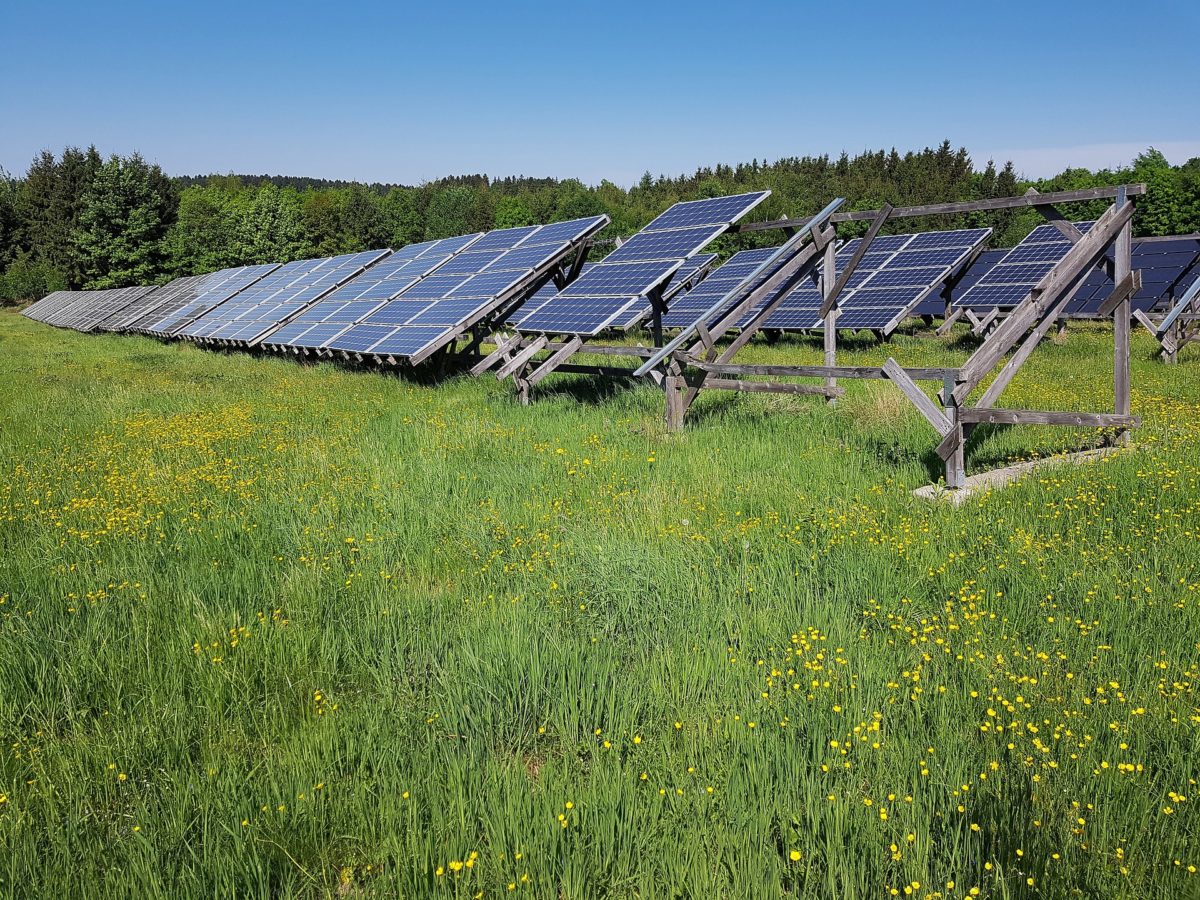Greece’s licensing policies are theoretically robust, with set deadlines to be respected by state institutions and renewable energy investors. New legislation (Law 4951/2022) is designed to expedite the licensing process for renewables even more, so green projects can be fully licensed within about a year.
A clear process applies to small-scale solar farms that need to connect to the grid. Investors start by applying for a grid-connection license from Greece’s distribution grid operator, HEDNO. The application must include guarantee letters from financial institutions.
If a grid-connection request is fully documented, HEDNO issues a preliminary license within four months, detailing all terms and conditions of the contract. Investors then have two months to accept or reject these terms and conditions. If the investor agrees, HEDNO will sign a final grid-connection agreement within four months, allowing the project to connect to the grid.
However, Pospief General Secretary Petros Tsikouras told pv magazine that these time scales have never been respected by HEDNO. He noted that it often takes up to 12 months to process grid-connection requests, even though it is supposed to do so within four months, for example.
Tsikouras said the situation becomes even worse toward the end of the process, after investors have accepted the terms and conditions of the license, when a project is fully built and the grid connection is still pending. HEDNO is usually slow, so investors are left with various financial burdens, such as bank loans, for several months. Meanwhile, their completed solar projects remain offline, generating no income.
Tsikouras said these final delays in particular could be easily be resolved if the Greek government stopped protecting HEDNO’s role in the grid-connection process for new projects. Given HEDNO’s failure to comply with the set time frames, Pospief is calling for investors to be allowed to build their own grid-connection lines. However, the Greek government confirmed HEDNO's complete monopoly on issues related to grid connections in 2020.
Popular content
“HEDNO typically subcontracts construction companies who connect our solar farms to the grid,” said Tsikouras. “But they are unable to do so in a timely manner while this monopoly runs contrary to the free economy credentials that the government says it promotes.”
Built projects below 500 kW in size that wait to connect to the grid are often in danger of losing the stable feed-in tariff (FIT) rates that Greece provides, as pv magazine has previously reported. Tsikouras said that small PV plants were able to secure stable FITs by Dec. 31, 2022, as long as they were connected to the grid within set deadlines. However, HEDNO was often unable to connect such projects to the grid in a timely manner, so the government came to the rescue by allowing offline projects to retain their FIT rates if they could prove they were built on time, added Tsikouras.
Apart from net-metered arrays and community energy projects, the small-scale PV segment in Greece is about to die, said Tsikouras. The current government and the previous administration did nothing to expand grid infrastructure for renewable energy. There is little available grid capacity now for additional small-scale plants, other than ones that were already licensed and awaiting grid connection.
HEDNO does not even accept new requests to connect plants to the grid and this is not set to change any time soon. The only exceptions to this are net-metering installations and community energy projects, for which HEDNO has freed up about 2.5 GW of grid space. The transmission system operator has also set aside grid space to connect large utility-scale projects.
However, Tsikouras said that developers and investors have been calling for the expansion of the grid for years, yet the government has never listened. Unless grid operators expand their grid infrastructure soon, renewable energy will not expand in any meaningful way in Greece. Energy storage technologies could provide alternative solutions, but the government’s plan to run energy storage tenders in 2021 failed. The country is not expected to launch new storage tenders before the end of this year, either.
This content is protected by copyright and may not be reused. If you want to cooperate with us and would like to reuse some of our content, please contact: editors@pv-magazine.com.


2 comments
By submitting this form you agree to pv magazine using your data for the purposes of publishing your comment.
Your personal data will only be disclosed or otherwise transmitted to third parties for the purposes of spam filtering or if this is necessary for technical maintenance of the website. Any other transfer to third parties will not take place unless this is justified on the basis of applicable data protection regulations or if pv magazine is legally obliged to do so.
You may revoke this consent at any time with effect for the future, in which case your personal data will be deleted immediately. Otherwise, your data will be deleted if pv magazine has processed your request or the purpose of data storage is fulfilled.
Further information on data privacy can be found in our Data Protection Policy.